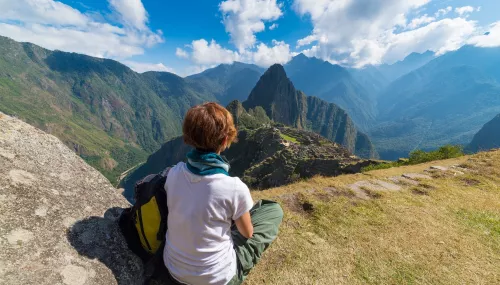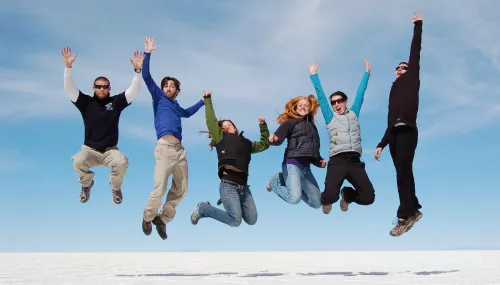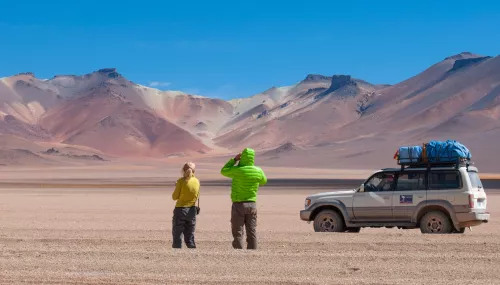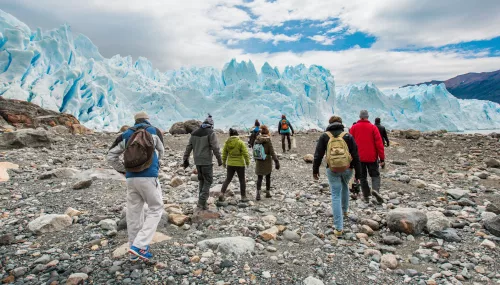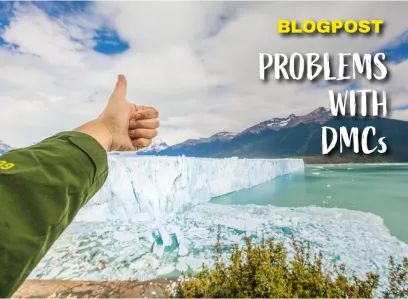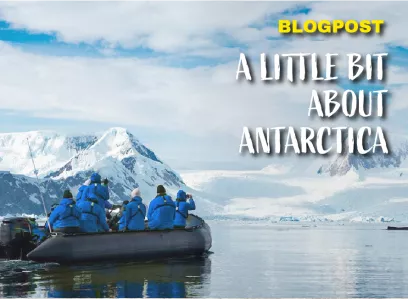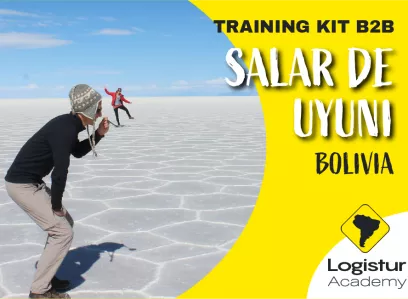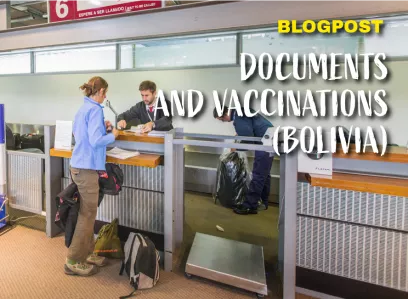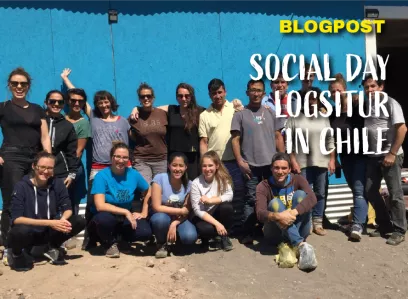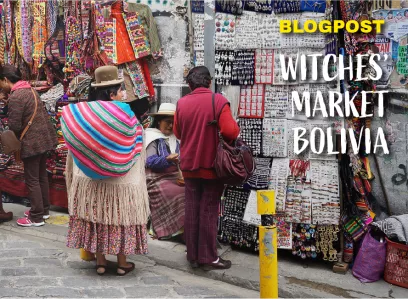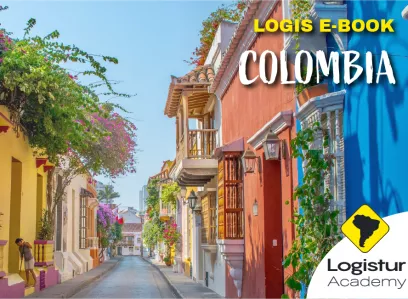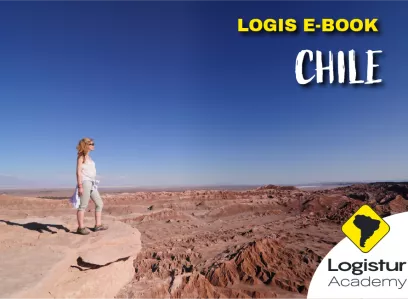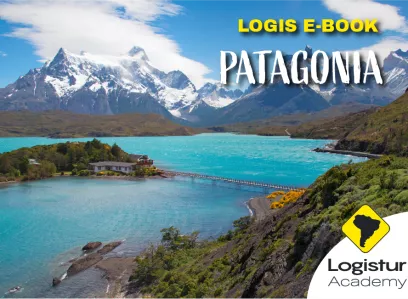1. Insufficient Sustainable & Local Knowledge
South America is still developing. Sometimes the rules are not clear and the accommodation standards are different than your customers may be used to. In addition, the environmental awareness in South America is unfortunately still very low. A DMC that is not located in the destination does not have sufficient local technical and planning knowledge. Thus, your customers can quickly experience problems and dissatisfaction during their journey, or the sustainability aspect is neglected.
Our advice: In tourism, you therefore need a good partner who will make your work easier in an environmentally friendly way and who will be familiar with the conditions in South America precisely because he is on site. This DMC assists you in your planning, has the knowledge to identify and offer the best accommodations in the region for your customers and thus makes your effort easier.
2. Too Much Time Spent on Complex Planning
The local arrangements in South America are complex: arrival, accommodation, excursions, transportation, meals, guides, tickets,... The list is long. If a DMC is not on site or does not coordinate travel directly with end providers, it can lead to long planning times. Moreover, if it does not have the necessary capacity and resources, long communication paths and delayed reactions will result, therefore loosing sales opportunities. In addition, only a few agencies offer their own interaction tools. This leads to inefficiency and misunderstandings in the planning and ultimately in the implementation of the journey. You certainly do not have the time and nerves for time-consuming planning.
Our advice: A professional DMC serves as a contact to organize all the different travel arrangements. They take care of the entire channel of travel provision and coordinate directly with trusted end providers in South America. The DMC has a good team with a solid structure to be able to coordinate quickly and directly with your agency and your customers if required. Appropriate technology, such as own interaction tools or platforms, make a joint planning of the product portfolio easier.
3. Language Barrier
Misunderstandings arise quickly, especially if the employees of a DMC do not speak your language or the one of your customers. On the other hand, communicative problems also quickly arise when a DMC does not have the sufficient knowledge of the local language of the destination. Not to be neglected is the stress travelers feel when they do not have the necessary language skills while traveling.
Our advice: A good DMC not only speaks the language of the destination, but also yours and of your customers. Thus, misunderstandings between local providers, the employees of your agency as well as your partner agency and your customers can be avoided. Your customers will also feel more secure if the DMC partner can provide a multilingual guide for the trip.
4. Bad Local Service Providers
Many incoming agencies work with cheap service providers to keep their expenses as low as possible. However, this often comes at the expense of the guests: Missing punctuality, low safety standards or lack of quality have a negative effect on their travel experience.
Our advice: A professional DMC can demonstrate and guarantee the quality, punctuality and sense of responsibility of its local service providers. In addition, they are in constant contact with the service providers to ensure customer satisfaction. Make sure you know the references of your DMC partner. Normally, you'll also get better terms if your partner DMC works with trusted suppliers as well as directly with local end providers.
5. Lack of Flexibility
What your company certainly does not need are inflexible and average product portfolios: unprofessional DMCs give you little room to maneuver, therefore you cannot meet the interests of your customers. A missed opportunity: due to the diversity of South America, the right journey can easily be found and tailor-made for each customer.
Our advice: A good DMC adapts to the ideas of the tour operator, with personalized and customized tours according to the wishes of the customers.
6. Emergencies While Traveling
In South America, strikes and demonstrations are not uncommon. Although these will not endanger the safety of your customers in most cases, they can lead to changes in the planned itinerary. Understandably, such circumstances dampen your customers’ enthusiasm somewhat. For many DMC partners, the easiest thing is to do nothing and call the incident "force majeure".
Our advice: A professional DMC will always make sure that your customers have a great trip despite the events. They have the necessary local knowledge to react quickly, to give answers and to put together alternative plans. The time shift in such a situation may not be a hurdle: you can reach a good DMC at any time. This makes communication across continents a lot easier.
Our recommendation:
Planning and conducting a trip through South America is no easy task. For this reason, it is important that you work with a professional DMC to avoid potential problems. We at Logistur are happy to assist you with our many years of experience.


